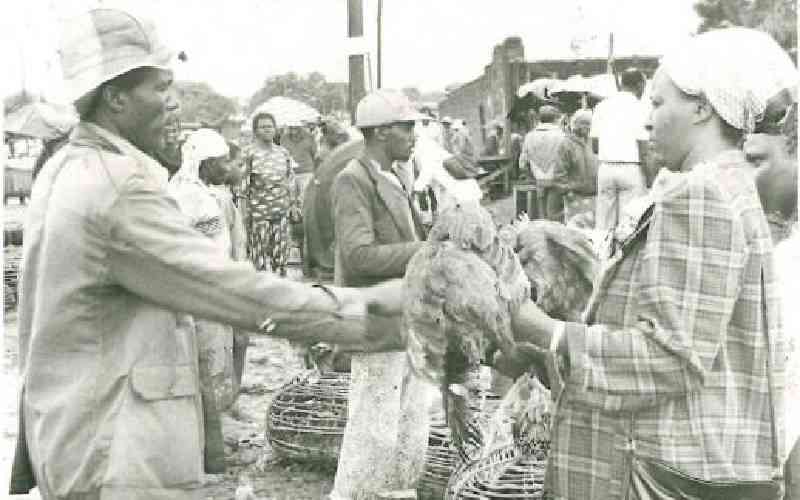×
The Standard e-Paper
Kenya’s Boldest Voice

The name Burma conjures up images of sizzling nyama choma, with generous portions of steaming ugali, peppered with hot chilli.
This name, however, has history that goes beyond Jogoo Road in Nairobi. It goes back to a place that is today known as Myanmar, a killing field where over 2,000, Rohingya civilians have been killed and about a million people displaced.